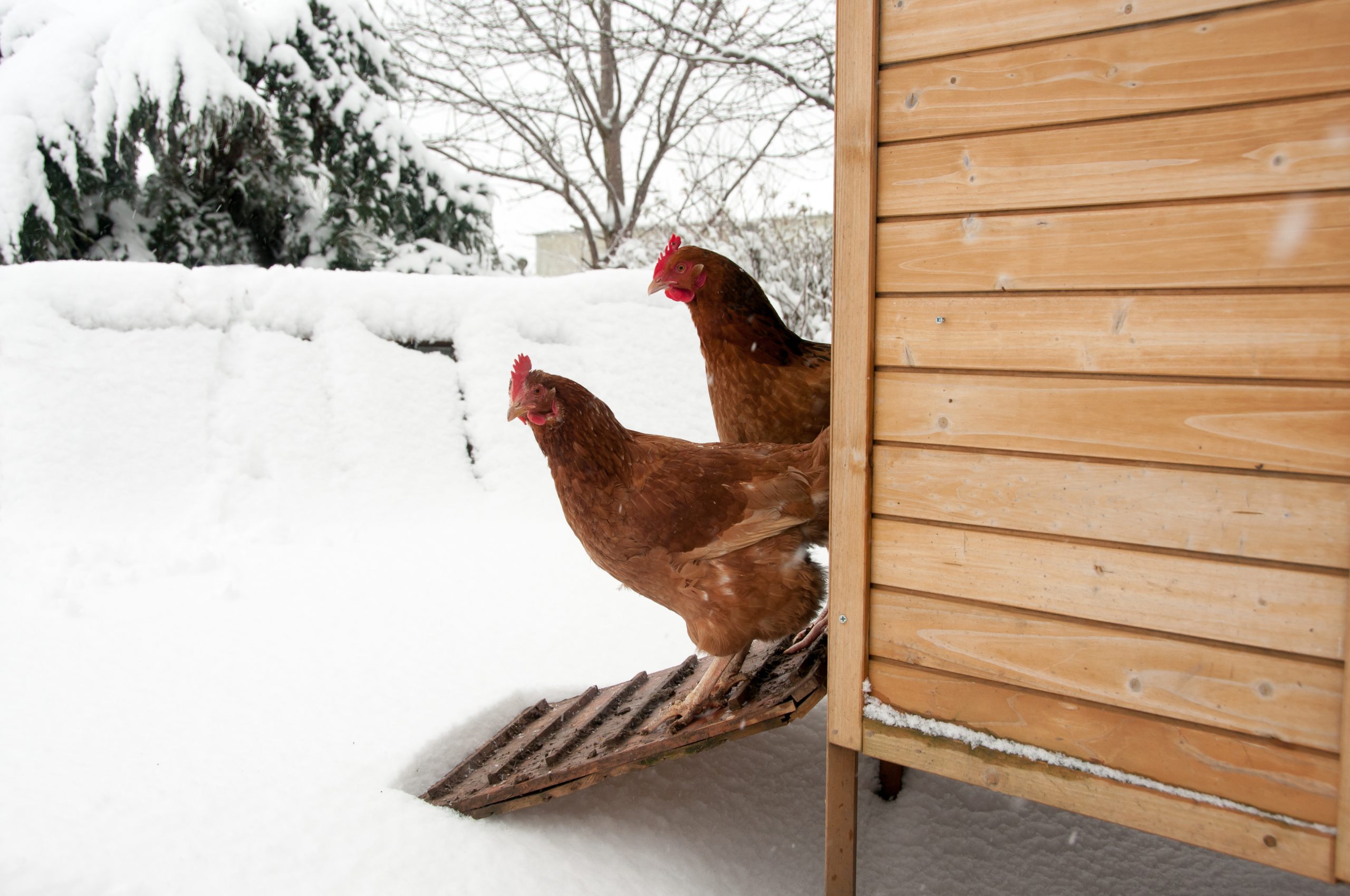
How to Prevent Frostbite in Chickens
2 December 2025 +Cold weather can be tough on backyard flocks, and frostbite is one of the most common winter challenges for chicken owners. Understanding what frostbite is, ...

Integrating chickens into your gardening routine can transform your backyard into a thriving, eco-friendly oasis. These natural foragers offer numerous benefits, from pest control to soil health improvement. Here’s how chickens can work wonders for your garden.
Chickens can be your garden’s best helpers without causing damage to your plants. Here are some key benefits they provide:
Chickens have an instinct to forage for insects, happily feasting on bugs that threaten your plants. This chemical-free solution helps manage pests effectively. By eating harmful insects, larvae, and eggs, chickens reduce pest populations and keep your garden healthy, minimizing the need for pesticides.
Chicken manure is a valuable resource, boasting one of the highest N-P-K (nitrogen, phosphorus, potassium) ratios among livestock manures. It enhances soil fertility and contains ample calcium, benefiting your plants. When composted, chicken manure can:
For tips on composting chicken manure, check out resources like “Composting Chicken Manure.”
As chickens scratch around for bugs and weed seeds, they naturally aerate the soil. Aerated soil improves water penetration, leading to healthier root growth. Chickens help turn over the top layers of soil, maintaining a healthy soil ecosystem without heavy tilling.
Chickens are excellent at cleaning up garden scraps. Instead of tossing thinned seedlings, pruned branches, and unwanted weeds, let your chickens forage through the remnants. They’ll eagerly eat:
In the fall, chickens can save you time by cleaning up remaining produce and fertilizing the soil with their manure, preparing your garden for the next planting season.
Weeds can be a constant headache, but chickens are happy to help. They’ll eat almost any plant, including weeds. You can feed your chickens the weeds you pull or let them roam freely to do the weeding for you. Just protect your crops, as chickens might mistake them for weeds too. Most weeds are safe for chickens to consume and can be part of their natural diet.
Chickens are excellent at controlling a variety of garden pests commonly found in the Maritimes. Here are some of the most common pests they love to eat:
Chickens will happily feast on beetles, including Japanese beetles and cucumber beetles. These pests can cause significant damage to your plants, but chickens help keep their populations in check.
Caterpillars, such as cabbage worms and tomato hornworms, can be devastating to your garden. Chickens will eagerly hunt down and eat these pests, protecting your leafy greens and other crops.
Grasshoppers can quickly defoliate plants, but chickens are excellent at catching and eating them. This helps prevent the extensive damage grasshoppers can cause.
Slugs and snails are notorious for munching on tender plants, especially in damp conditions. Chickens will seek out and eat these slimy pests, reducing their numbers and protecting your garden.
Aphids can weaken plants by sucking sap from their leaves and stems. While chickens may not eat aphids directly, they will consume the ants that farm aphids, indirectly helping to control aphid populations.
Cutworms can sever young plants at the base, causing significant damage. Chickens will dig up and eat these pests, preventing them from harming your seedlings.
Earwigs can be a nuisance in the garden, feeding on seedlings and soft fruits. Chickens will happily eat earwigs, helping to keep their numbers down.
While ants themselves are not a major threat to plants, they farm aphids and other pests. Chickens will eat ants, disrupting this relationship and helping to control aphid populations.
Chickens will also eat moths and flies, including their larvae. This helps reduce the number of pests that can damage your plants.
Ticks can be a problem for both humans and animals. Chickens will eat ticks, helping to reduce their numbers and lower the risk of tick-borne diseases.
Crickets can cause damage to young plants and seedlings. Chickens will hunt and eat crickets, protecting your garden from these pests.
By allowing chickens to roam your garden, you can naturally reduce the populations of these common pests, leading to healthier plants and a more productive garden. Just remember to protect beneficial insects and your crops from being mistaken for pests!
Integrating chickens into your garden can provide a range of benefits, from natural pest control to enriching your soil with organic fertilizer. Chickens make great gardeners, assisting with aeration, weed removal, and reducing garden waste. Plus, their manure is a potent resource for creating a healthy, fertile environment for your plants.